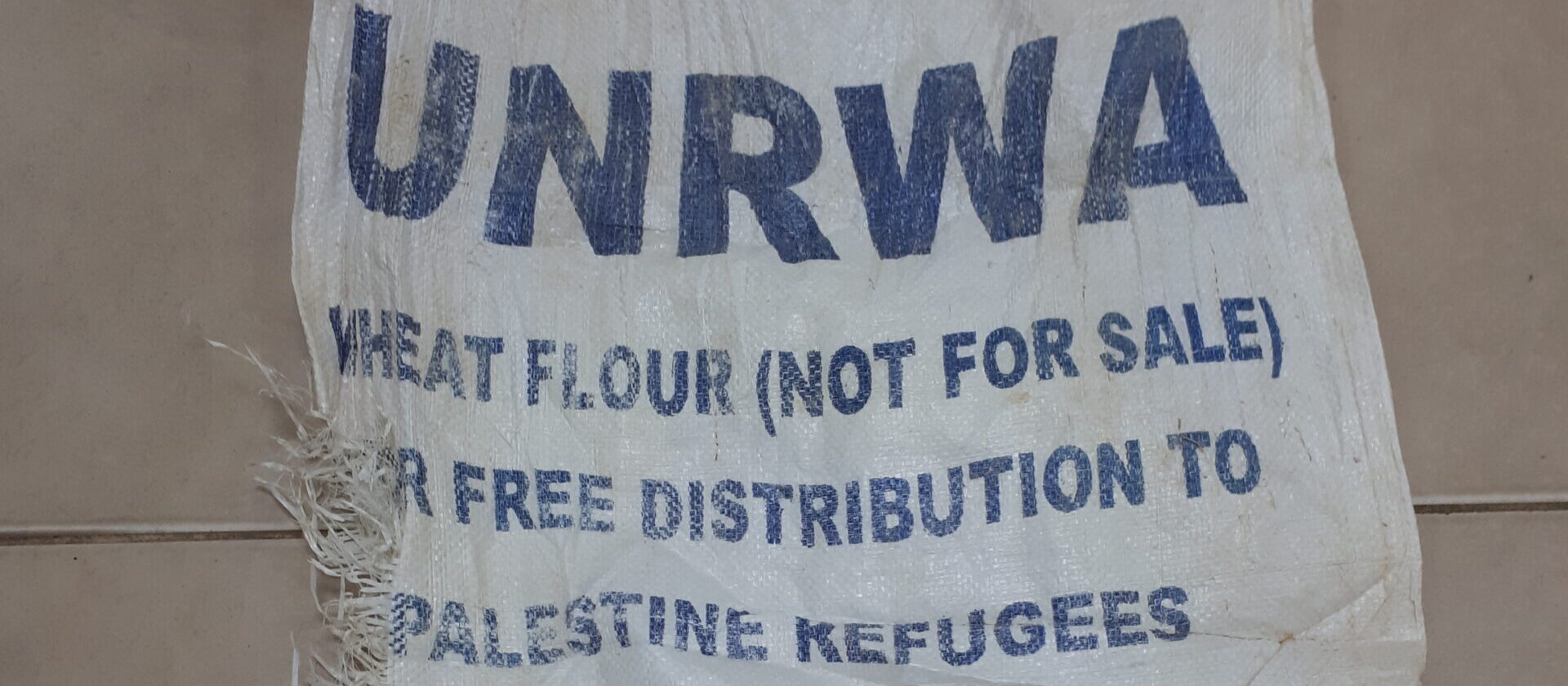Canada has joined the United States, the United Kingdom, Australia, Japan, and several European countries in “pausing” aid to the United Nations Relief and Works Agency for Palestine Refugees in the Near East (UNRWA), a UN agency providing humanitarian relief to Palestinian refugees. Four days later, the Canadian government announced $40 million for other groups providing aid in Palestine, although one Liberal MP expressed doubt that those organizations would be as effective as UNRWA.
Canada’s International Development Minister Ahmed Hussen announced the decision to defund UNRWA on January 26, the same day the International Court of Justice (ICJ) ordered that Israel must allow humanitarian assistance to reach Palestinians in the Gaza Strip. Hussen would not say whether the $40 million now allocated for other aid groups were funds that would otherwise have gone to UNRWA.
In response to an application brought by South Africa concerning genocide in the Gaza Strip, the International Court of Justice (ICJ) ordered on January 26 that, among other remedies, Israel must “take immediate and effective measures to enable the provision of urgently needed basic services and humanitarian assistance to address the adverse conditions of life faced by Palestinians in the Gaza Strip.”
Global Affairs Canada issued a response to the court’s decision in which it both denied the validity of South Africa’s case against Israel and affirmed Canada’s support for the ICJ in general. The statement also affirmed that “humanitarian access must urgently be increased and sustained in Gaza.”
In its decision to cut funding to the humanitarian agency, Canada cited allegations by Israeli government officials that UNRWA workers participated in the armed incursions of October 7, in which the paramilitary wings of several Palestinian political organizations breached the Israel-Gaza border and attacked Israeli military and civilian targets.
However, an investigation by several British news organizations into the six-page dossier provided to the U.K. government revealed no evidence that UNRWA workers were involved in the attacks. The Canadian government declined to share the dossier with the press, but government sources told journalists last week that Israel has provided no evidence to support its claims.
Last week, six Canadian labour unions representing more than 2 million workers issued a letter calling on the government to reverse its decision to defund what is by far the largest organization providing humanitarian relief in Palestine. Despite the lack of evidence for its decision, Canada has not indicated any plans to restore funding.
The UNRWA has played a key role in the provision of food, shelter and medical aid to Palestinians since its creation in 1949 following the 1948 Palestine War. In its most recent situation report, the agency indicated that 1.7 million displaced people from the Gaza area are sheltering in or near UNRWA facilities. Those facilities have been heavily targeted by Israeli military offensives in the current war. The countries that cut funding to UNRWA following the ICJ’s decision provided nearly three quarters of its total funding in 2022.

On January 24, the Israeli military hit UNRWA’s Khan Younis Training Centre with direct fire, striking a building housing 800 displaced people. The attack killed 13 people and injured 56 more. As of January 22, 152 UNRWA employees in the Gaza Strip have been killed since the war began in October.
The UN’s attempts to further investigate the allegations against the UNRWA workers are hampered by the Israeli government’s refusal to share any information substantiating its explosive claims. UNRWA immediately fired the workers who were the subject of the allegations and assured the public that if any of them are found to have participated in or abetted the attacks, they would be referred for criminal prosecution.
Since the proceedings at the ICJ began, Israel has clearly indicated that decisions from The Hague will not compel it to stop violating its obligations as a party to the Genocide Convention. Neither Canada nor the United States has expressed any intention to cut its funding to the Israeli military or to divest public money from Israeli weapons manufacturers.

